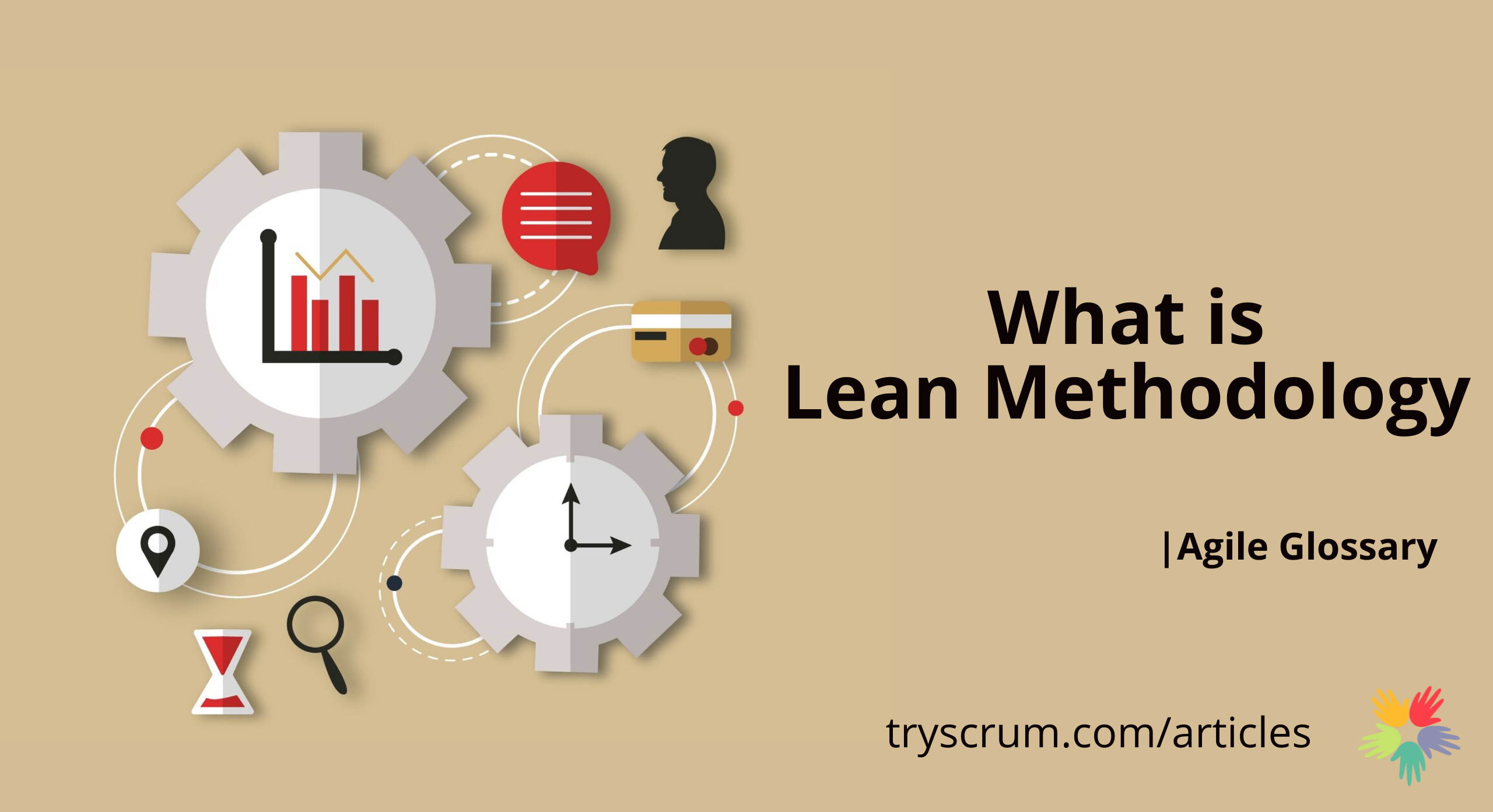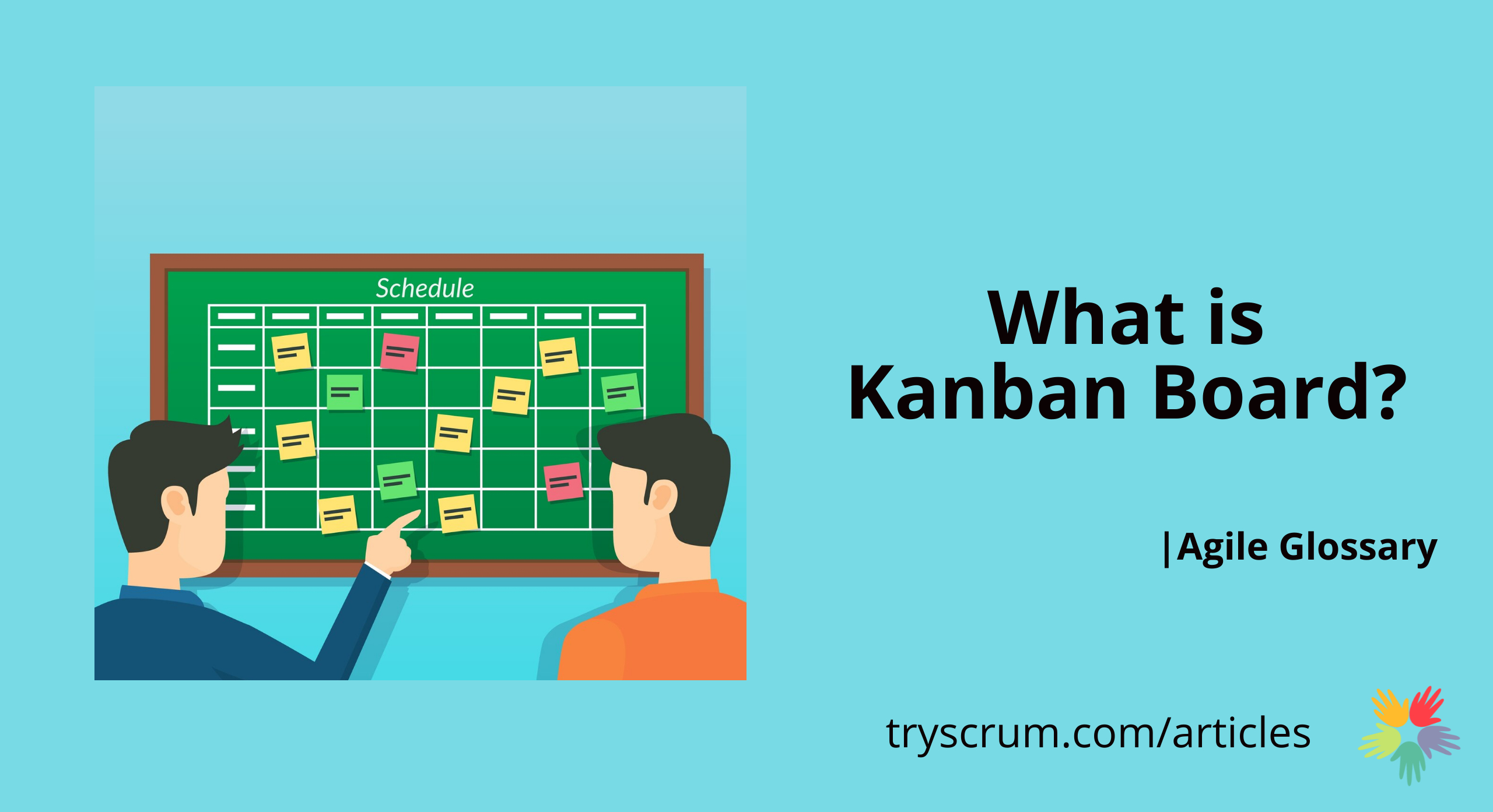
January 22, 2025
What is Lean Methodology?
Lean methodology is a systematic approach aimed at enhancing efficiency by eliminating waste and focusing on activities that add value to the customer. Originating from the Toyota Production System, Lean has become a cornerstone in Agile project management, especially relevant for Agile and Scrum practitioners.
Key Principles of Lean Methodology
- Value Identification: Determine what holds value from the customer’s perspective to ensure that the final product meets their needs.
- Value Stream Mapping: Analyze the entire production (Product development) process to identify and eliminate steps that do not add value, thereby streamlining operations.
- Flow Optimization: Ensure that the production (Product development) process flows smoothly without interruptions, reducing delays and bottlenecks.
- Pull System Implementation: Create only what is needed, e.g., Pull Product Backlog items to work inside sprints only when the customer requires it. Align features or product backlog items production closely with customer demand to minimize producing unnecessary features.
- Pursuit of Perfection: Engage in continuous improvement to refine processes, aiming for perfection by systematically eliminating waste.
Common Types of Waste in Lean
Lean methodology identifies several types of waste (known as “muda”) that should be minimized:
- Overproduction: Producing more than what is needed, leading to unused features. For example, the 2019 Pendo report says that 80% of software product features are rarely used or not used.
- Waiting: Idle time when resources are not in use, causing delays.
- Overprocessing: Adding more features or processes than required by the customer.
- Inventory: Excess product featuress not being processed.
- Motion: Unnecessary movements by people, such as searching for information or tools.
- Defects: Products or services that do not meet quality standards, leading to rework or scrap.
Conclusion
Lean methodology helps organizations deliver higher value to customers efficiently by focusing on these principles and waste types. For Agile and Scrum practitioners, integrating Lean principles can lead to more responsive and streamlined project management processes.



